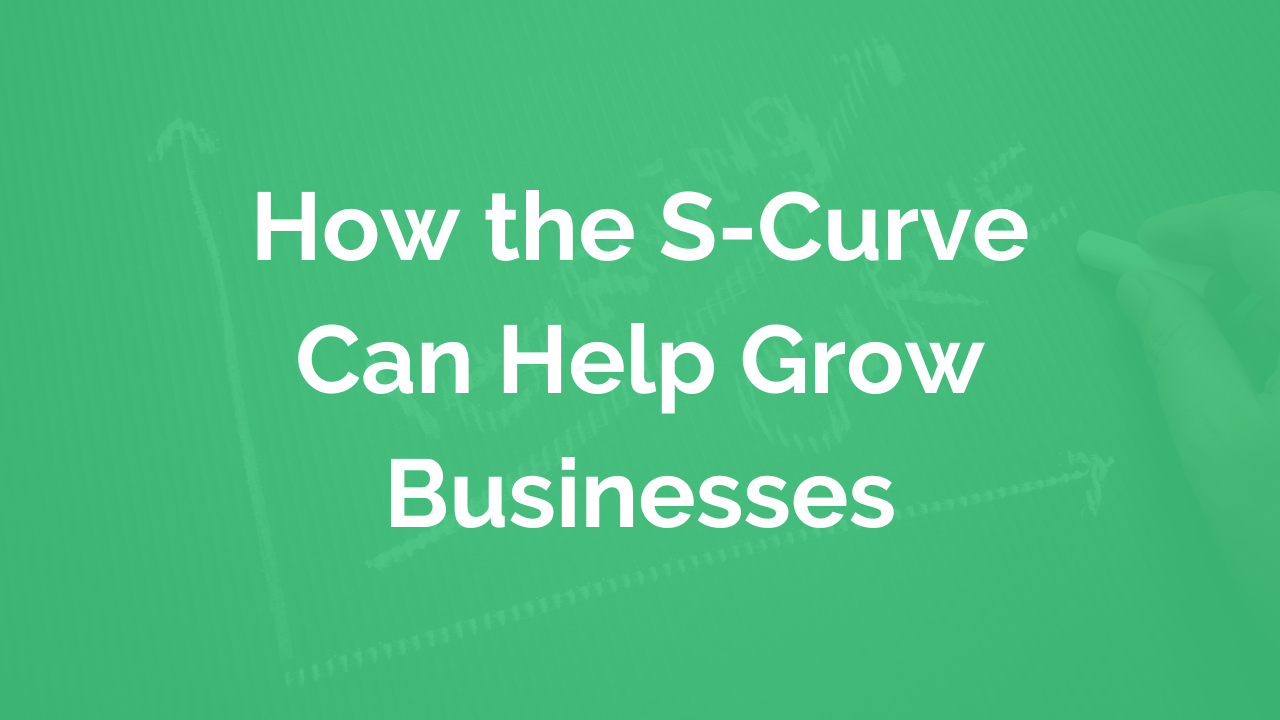The phrase, The Great Resignation, cited by the professor of business administration at Texas A&M University, Anthony Klotz, addressed the shift in the workforce when employees began speaking out about what they wanted and needed from their employment following the pandemic. For all the names it has been called, The Great Reset, The Great Realisation, and the Great Resignation, it has undoubtedly changed the workplace. Some requests, such as higher wages and more work/life balance, were no surprise. But other items employees began requesting have the potential to change, even the definitions of employee, roles, and skills.
Read MoreOne of the biggest and best resources a company has with the most significant influence over whether they succeed in their industry or fail are the people hired to work in the business. A company with people who are not engaged and do not see a future with the organisation or even their department are likely to see losses. But for, companies that strive for greater growth but also offer continued opportunities for development within the organisation for their employees will discover they experience larger profit and remain competitive in a tight labour market.
Read MoreAs the rate of change continues to accelerate, exacerbated by a growth in HR technology and external factors such as the pandemic or the great resignation, it’s never been more imperative for HR teams to build an array of new skills enabling them to become more data-driven, business focused and experience led allowing them to stay relevant and bring more value to their business. Over the last year we’ve had over one thousand HR professionals complete our HR Skills of the Future assessment, allowing us to create a HR benchmark and providing greater insight into the capability areas that organisations should focus on upskilling their HR functions in.
Read MoreA positive learning culture has been shown to increase employee retention, keep organisations up-to-date with world changes, generate business growth and drive innovation. With all of these benefits, organisations not only want to be developing a learning culture, but also creating the right environment for their people to learn and grow in. In this blog we explore how organisations can foster a culture of continuous learning to ensure they’re creating a data driven culture across their HR function.
Read MoreNot only do HRBPs need to develop their data literacy skills to help achieve the Chief HR/People Officer’s strategic goals, they also need to adopt the right mindset to foster a data-driven culture. By acting as key change agents for the entire HR function and by modelling a data-driven culture, HRBPs can influence decision-making processes in their organisation and fully unlock the value of people analytics for the business. Throughout this article, we explore three guiding principles for successfully building greater data literacy skills in HR as well as share how Insight222 can support you and your organisation to succeed in the digital age.
Read MoreGoals are an important and effective way to spark motivation. They serve to energise the goal setter into action, either through intrinsic motivation (e.g., the feeling of satisfaction you get when you achieve a goal and subsequent increased confidence or self-esteem) or through extrinsic motivation (e.g., an end of year bonus is dependent on achieving your goals). Goal setting therefore leads to increased performance and outcomes as effort increases in line with enhanced motivation. Many of the goals being set by our community of learners at the myHRfuture Academy focus on upskilling to become an experience led, business focused and data driven HR professionals. We’ve been looking at the most popular HR skills and HR resources from 2021 and shifting 2022 HR predictions into practice over on the myHRfuture blog to help shape these goals.
Read MoreIn the latest series of the Digital HR Leaders podcast, we spoke with five leading thinkers in the Learning and Development (L&D) space. From academics and thought leaders to practitioners and vendors, four recurring themes emerged about the future of learning over the next 10 years: 1. Learning will be central to redefining the nature of work, ensuring talent agility above all else. 2. The business impact of learning is better understood as learning and work become firmly intertwined. 3. Learning breaks out of a vertical silo and instead has impact across the business. 4. To sustain remote learning, new technologies like VR will increase in popularity.
Read MoreInnovation does not just change our behaviour, but also what we need to master to be relevant in the economy. Simply put, the faster we innovate, the faster jobs are redesigned to incorporate new technologies. The data on this issue suggests that there is a general trend towards more relationship-based and expertise-driven work. However, it also suggests that the type of expertise deployed is also changing more quickly. This results in a shrinking shelf life of technical skills. This is why concepts like ‘growth mindset’ and ‘agile mindset’ have caught the attention of business and HR leaders. In this blog Lewis Garrad outlines the critical core skills necessary to create a culture of lifelong learning within an organisation.
Read MoreCareers are changing. The era of linear career paths as the #1 form of professional growth is coming to an end. Slowly but surely, “career switches” are becoming less of a surprise (or even concern) as the global workforce acknowledges the rapidly changing job market. What’s more, the spotlight is on lifelong learning to keep employee skillsets – and employees – agile throughout their careers. In this blog Caroline Styr examines the role of the Talent Marketplace in attracting and retaining top talent, along side the three components of a culture that supports internal mobility and talent marketplace adoption.
Read More








